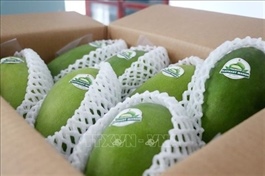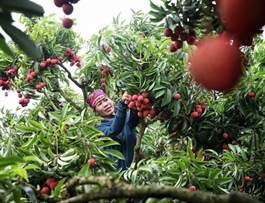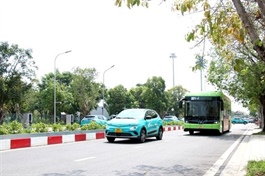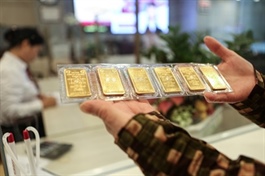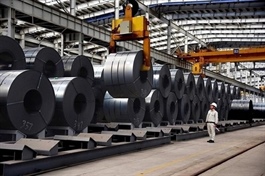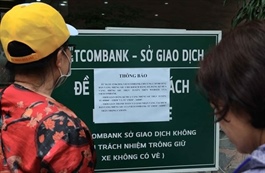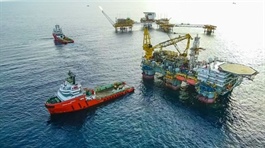Thailand’s conglomerate introduces low-carbon cement in Vietnam
Thailand’s conglomerate introduces low-carbon cement in Vietnam
Thailand's conglomerate Siam Cement Group (SCG) said on Monday that it had produced a new cement product in Vietnam with carbon emissions during the production falling by 20 percent compared with the production of normal cement.
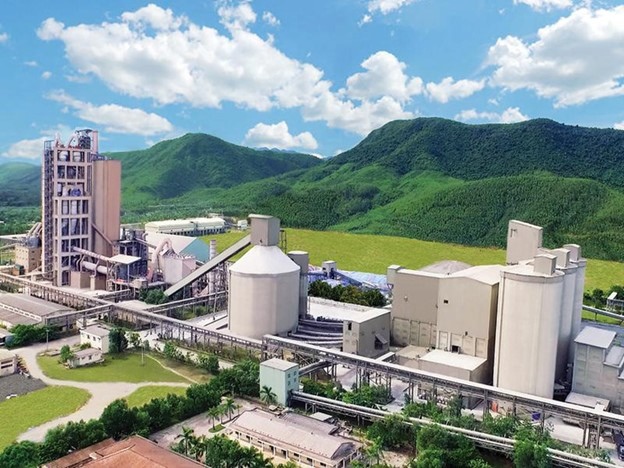
SCG said it would strengthen cement production at its factories in Vietnam. |
To produce the cement, SCG has improved its manufacturing processes to reduce energy consumption and carbon emissions.
In particular, the group has utilized biomass energy to replace fossil fuels and increased the proportion of renewable energy sources by installing waste heat recovery systems across its factories to reduce carbon emissions stemming from the production of cement.
Thanks to these initiatives, each metric ton of SCG low carbon super cement is estimated to slash carbon emissions equivalent to the absorption of 12 mature trees in a year.
Tanakorn Theeramankong, SCG’s deputy country director for Vietnam, said “For the first time, SCG has introduced a new low-carbon cement to the Vietnamese market, marking a significant step forward in our journey to achieve net-zero emissions.
“By pursuing advanced technologies to develop low carbon cement, we not only reduce our environmental impact but also set a new standard for Vietnam’s construction industry.”
A leader of a major contractor in Ho Chi Minh City told Tuoi Tre (Youth) newspaper that green projects in Vietnam are increasingly popular.
As a result, enterprises tend to use green building materials.
Cement producers’ improvement of production to reduce emissions is vital to increase exports or supply their products for large projects.
Vietnam is currently the third largest cement producer in the world, following China and India.
However, the domestic cement consumption has plunged since 2022, making life harder for local cement producers.
Many of them have increased cement exports to maintain operations.



